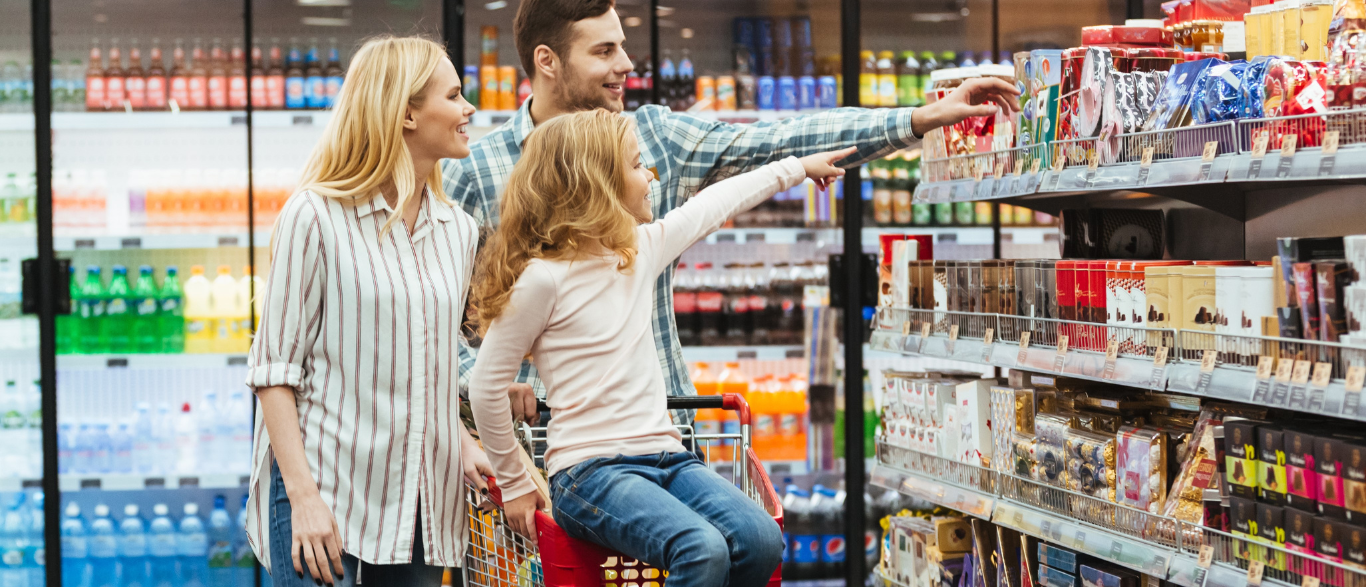
With more than half of the population comprising expatriates from different regions, you can see a variety of cuisines and food supplies are exported, manufactured, and distributed in the UAE. There is an array of dynamic opportunities you can develop to execute your foodstuff trading business plans in Dubai.
Although there are no specific reservations about dealing with anyone outside of Dubai, thereby providing you with the flexibility to expand your trade internationally.
What are the allowed food items under the foodstuff business licence?
Although the list is not exhaustive, clients can check and choose the activities based on their business needs. Some of the common items included in this trade licence are:
· Vegetables and fruits
· Grains and cereals
· Juice and mineral water
· Frozen meat
· Sugar and spices
· Snacks items
· Soft drinks and chocolate items
The Dubai Municipality, the sole holder of such rights, is subject to rules and regulations regarding food trade business licences. It establishes the rules and regulations to monitor the trading of foodstuffs.
The foodstuff trading business will register as a Limited Liability Company (LLC) with a commercial licence.
Documents required for setting up a foodstuff trading business
We list the documents you would be required to present, as per the Department of Economic Development, to apply for a licence for your foodstuff trading business:
· Passport copies of shareholder(s)
· NOC letter, in the case a shareholder(s) is a UAE resident
· Copies of the visa pages of the shareholder(s)
· The tenancy contract and Ejari
· The MoA for business
It is important to note that this document list is not exhaustive and may include more requirements based on your business activity.
Steps to follow to initiate your foodstuff trading:
1. Register your trade name
2. Obtain approval from the Dubai Department of Economic Development
3. Sign the MOA
4. Submit all documents to the DED
5. Complete the required payments.
6. Acquire a warehouse
7. Receive the foodstuff trading license
8. Register the food product under the Dubai Municipality
Rules for Setting up a Food Trading Business in Dubai
As per the business model, you can opt for a free zone or a local licence. A free zone foodstuff trading licence will offer 100% ownership of your business.
You must have a physical site that complies with the Dubai Municipality codes for your business. The food codes are often amended and it is essential to ensure that the trade must abide by the latest guidelines and policies of the municipality.
Your business will undergo time-to-time inspection and might face hefty fines if you don’t follow the food safety policies of Dubai.
When it comes to foodstuff trading in Dubai, there are certain rules to abide by.
Here are some of the important rules to note during the handling and transport of food:
· Ensure suitable resources for handling the foodstuffs—including transport, bins, and boxes—to make sure the food does not get contaminated.
· Properly segregate food items into partitions.
· Ensure the food remains fresh by maintaining a proper temperature and humidity when storing or transporting it.
The market for fruit and vegetable trading is booming since there is minimal domestic consumption and most of it is imported from other countries. With a foodstuff trading company in Dubai, you will have the opportunity to reach a large consumer market, as the customer base is quite diverse.
How much will the cost of a FoodStuff Trading Licence in Dubai?
If you wish to trade with ease in Dubai and the rest of the UAE, you should apply for a mainland license. The cost varies between the mainland and the free zone.
Moreover, the overall cost depends on the administrative documentation, external approvals, warehouse size, location, and other factors.
What’s the role of Dubai Municipality?
Every foodstuff trading company must register with the Dubai Municipality, conforming to the following regulation by the Dubai Municipality Food Control department:
1. Register your company with the DM Food Import and Re-export System (FIRS).
2. Acquire food label approval for all food products with food labeling as per the government standards.
3. Register foodstuffs in FIRS
4. Get FIT analysis results from the Dubai Central Food Laboratory.
When you receive the trade licence from DED, you will have to register with Dubai Customs and get a unique customs code, which is necessary during the import-export.
If you want to know more about registration and foodstuff trading, get guidance from expert business setup consultants.
How can Ascent Partners help?
Ascent Partners provides bespoke business setup and advisory services for entrepreneurs looking to set up their next venture in Dubai. With services ranging from business consultation and bank account opening to choosing the right business activity and applying for a business licence, our experts help provide essential guidance to help you strategise, startup, and scale in Dubai.
For more details, get in touch with us today at ask@ascentpartners.ae or 04 422 7339.